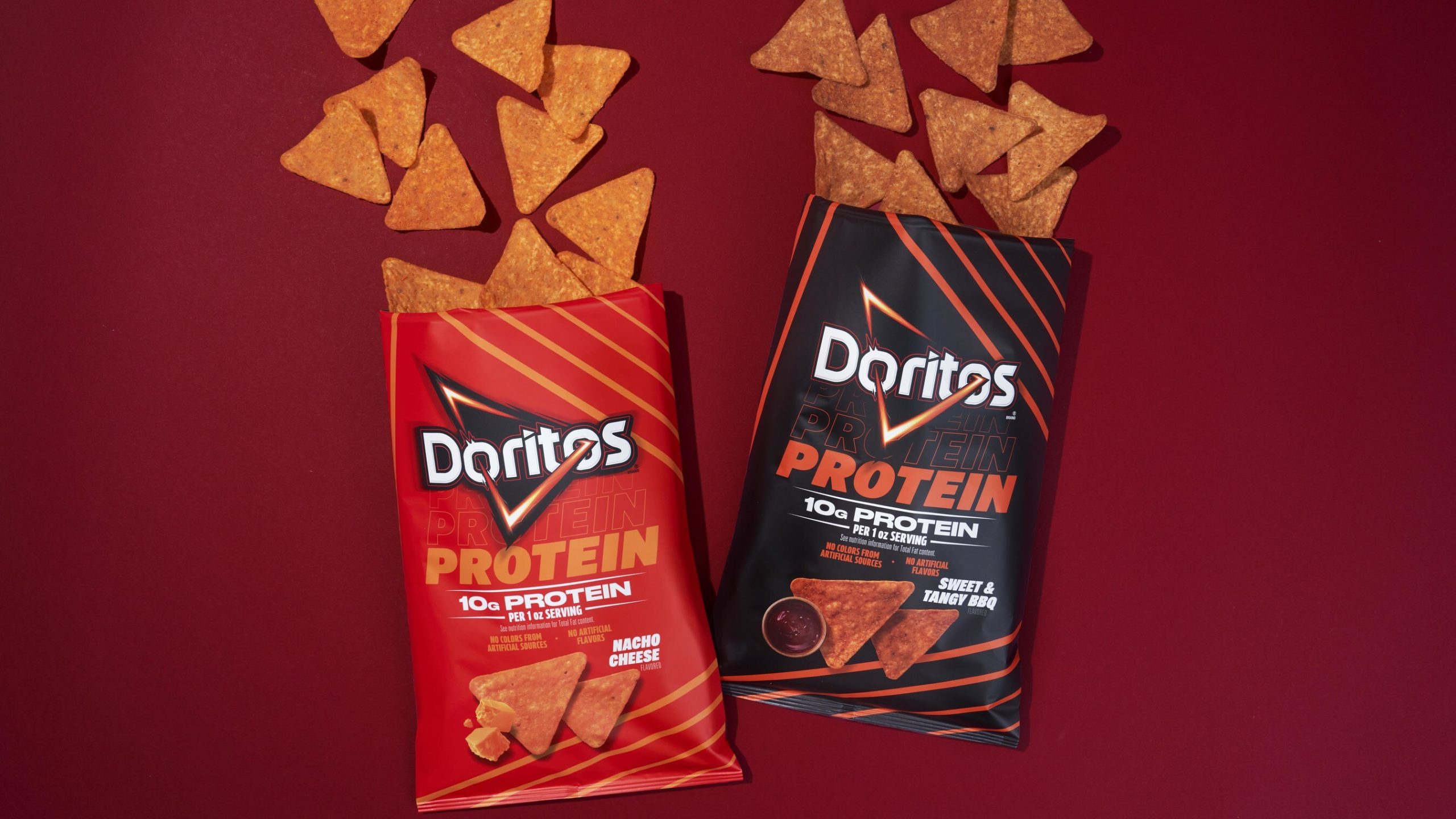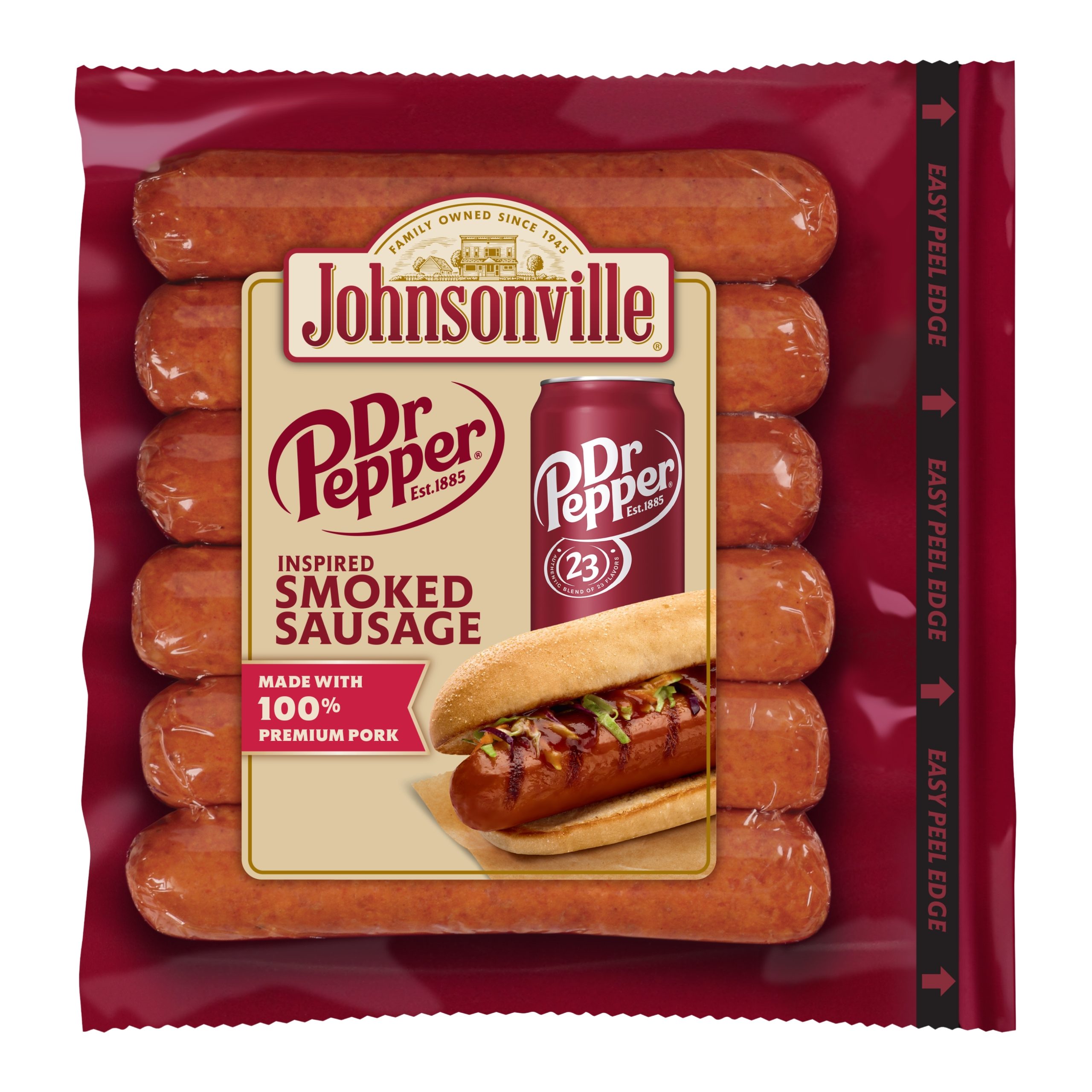6 Facts About GMOs
Genetically Modified Organisms (GMOs) have become something of a dirty word in nutritional fields lately, especially with raw and paleo diets preaching a gospel of organic living. While the area of study is relatively recent, there are somethings that are already clear about GMOs—and it’s about more that just what’s going into your body. These spliced crops and livestock have far-reaching impacts on the environmental, personal, and legal well-being of our entire country.
The Genetic Modification Boogie Man

It’s worth noting that most all food intended for human consumption has been genetically modified at one point or another. This started thousands of years ago with the domestication of crops (wheat and corn) as well as animals (cows and pigs). Through selective breeding/pollination, we’ve been able to create cows that are better at producing milk and apples that don’t taste like a mouthful of garbage disposal scraps.
Most people seem to draw a line when scientists move away from selective pollination into a more scientific procedures like gene splicing. For the purposes of this article, we’re only discussing the side effects of gene spliced GMOs, which have become increasingly more prevalent and appear in 80 percent of our foods.
Poisoned Apples

In an effort to make GMOs more resilient to weeds and insects, scientists have attempted to engineer plants that can withstand herbicides and pesticides. Essentially, we can use stronger poisons to kill off weeds and insects which should in theory produce bigger harvests. There are two main problems with this in practice:
1) As we spray our plants with more deadly poisons, we are introducing more poisonous foods to the population. Obviously, some of this is absorbed through the plant’s skins, but it also gets into the soil, which could affect the flesh of the plants and the groundwater.
2) Insidious plants and animals are counter-evolving. Just like Jurassic Park, nature finds a way and a sequel: using stronger pesticides kills the weaker members of the species, leaving only the strongest to reproduce. This creates superweeds and superbugs that are also immune to the pesticides, meaning we have to use stronger chemicals, starting the cycle over.
They Mess With Bees!

As a subsection of the latter point, the insecticides used on GMOs don’t just affect the undesirable insects eating plants, they also kill the insects that are necessary for the plants survival. You see, unlike you and I, plants don’t have a means of passing their genetic material to each other (i.e. sex). Enter honey bees: nature’s answer to Marvin Gaye. Bees gather nectar from flowering plants, picking up pollen in the process, which they then carry to other plants. This mixes up the genes in the plant world and effectively turns flowers in fruits, which is what makes nature tick. And science still hasn’t found a good alternative for pollination, meaning that the end of bees is essentially the end of agriculture. Dun, dun, DUN!
Dubious Nutrition

While the increase in GMO foodstuffs has been linked to everything from increased diagnoses of autism to brain cancer, most of the science supporting this has been made on a tenuous basis. Specifically, we can see the correlation, but can’t prove the causality. Also of note, GMO-interest groups have a vested interest in convincing you that their products don’t increase the risk of Alzheimer’s, diabetes, and reproductive disorders. In addition to their well documented lobbying efforts, companies like Monsanto and Pepsico can also launch their own scientific studies, stacking the deck in their favor. They’re co-opting science, ferchrissakes!
Label Suppression

Photo Credit: Alexis Baden-Mayer
Have you ever wondered why organic foods receive a special label and genetically modified foods don’t? Well, it turns out that a lot of the people producing and using GMOs don’t really want to be associated with terms “GMO” because of the unnatural, mad-scientist-y vibe it gives off. Lobbying groups acting on behalf of GMO and processed foods have even blocked measures from states like California, Colorado and Vermont to require labeling of all GMO foods. But for the time being, organic foods are the ones that have to make the distinction on their label, which is — like a genetically modified donkey — ass backwards.
Farmer Sovereignty

Farmer sovereignty is a fancy way of saying that a farmer can decide what crops to grow on his or her own farm. How do GMOs impact that independence, you might ask? Large seed sellers like Monsanto own patents on their genetically modified seeds, meaning that you have to buy the seeds from them to grow their plants. If these patented organisms from a GMO farm drift into a non-GMO farm, the company holding the seed patent is allowed to sue the unauthorized grower. This is awful because this drift will occur naturally from honey bee or wind pollination. In case you aren’t aware, farming isn’t exactly a money-making enterprise, making large seed suppliers like something of a reverse Robin Hood—stealing from the poor to overfeed the rich.






















